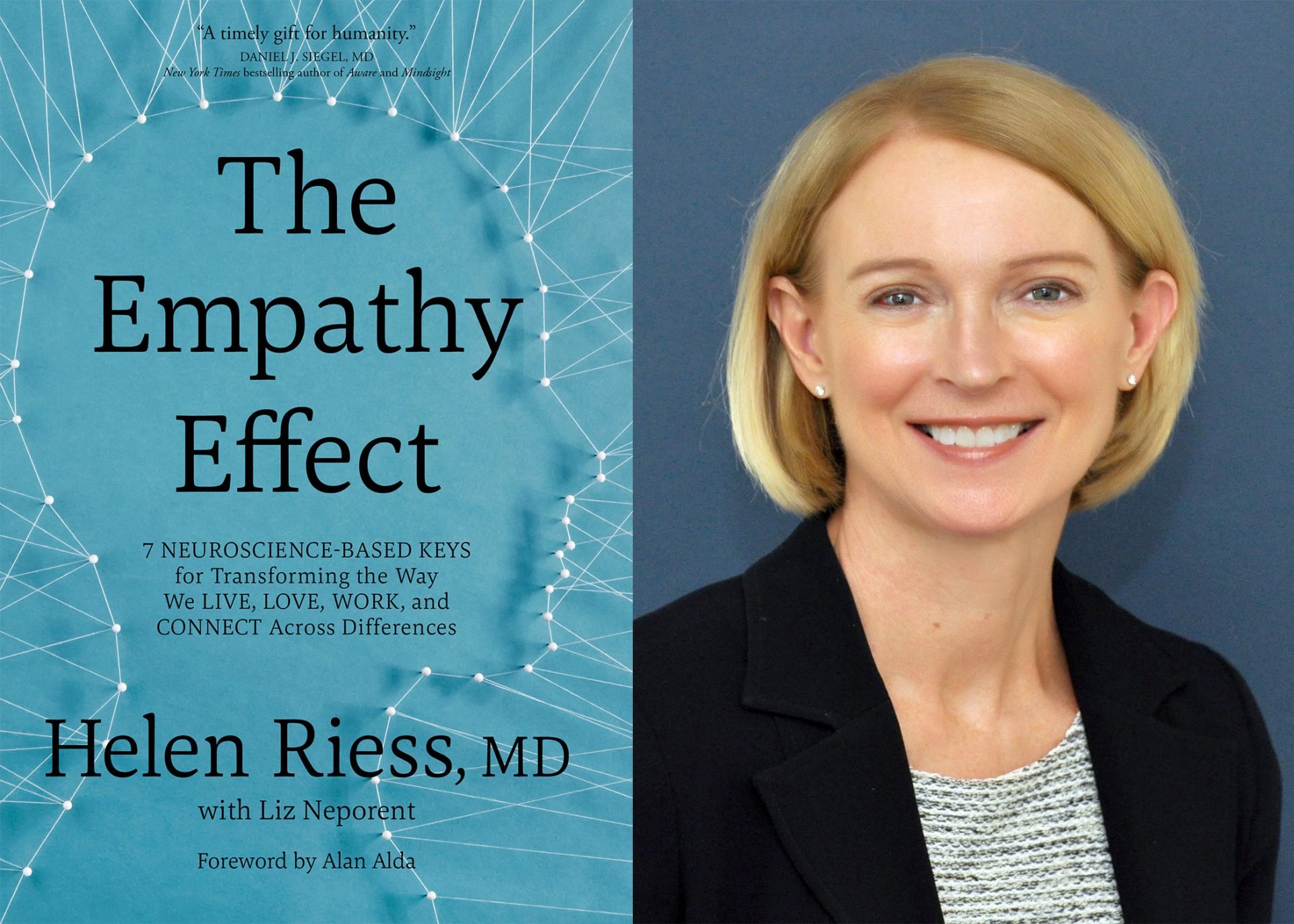From her book, The Empathy Effect (pages 10 and 12)
“There are many definitions of empathy, and this has caused confusion even among many different types of scholars who study it, including philosophers, psychologists, scientists, and educators who have attempted to define it as a single trait.
Empathy is best understood as a human capacity consisting of several different facets that work together to enable us to be moved by the plights and emotions of others.
I prefer to use the term “empathic capacity” rather than “empathy” because this conveys that empathy is made up of many different psychological and physiological facets.
Our empathic capacity requires specialized brain circuits that allow us to perceive, process, and respond to others….The integration of these three very human activities predicts how “empathic” a person will be.
When people show empathy for others, they are usually good at perceiving what others feel, able to process the information, and able to respond effectively.
So it is important to broaden the definition as a capacity that encompasses the entire empathy loop from perception of, to response to someone else’s experience, and finally to check with that person for accuracy if there is any doubt.
This last part of the loop is called “empathic accuracy.”
In the past, people believed that you were either born with empathy or not, and there was not much that could be done about it. It is very important to those of us who study empathy’s application that empathy can be taught.
Empathy is a delicate balance of appreciating the feelings of others and learning how to manage our own feelings so we can be helpful.
We need to to learn to manage our empathic responses so that we ultimately deliver caring responses even when we can’t immediately find the words on our own.”
Helen Riess, M.D. is Associate Clinical Professor of Psychiatry, Harvard Medical School and Director of the Empathy and Relational Science Program at Massachusetts General Hospital. The mission of the Program is to enhance empathy and interpersonal relationships in healthcare. She is also Chief Technology Officer of Empathetics which offers scientifically based empathy training proven to optimize interpersonal engagement.
